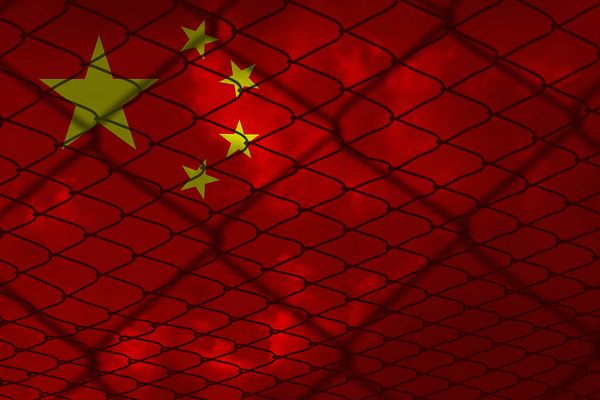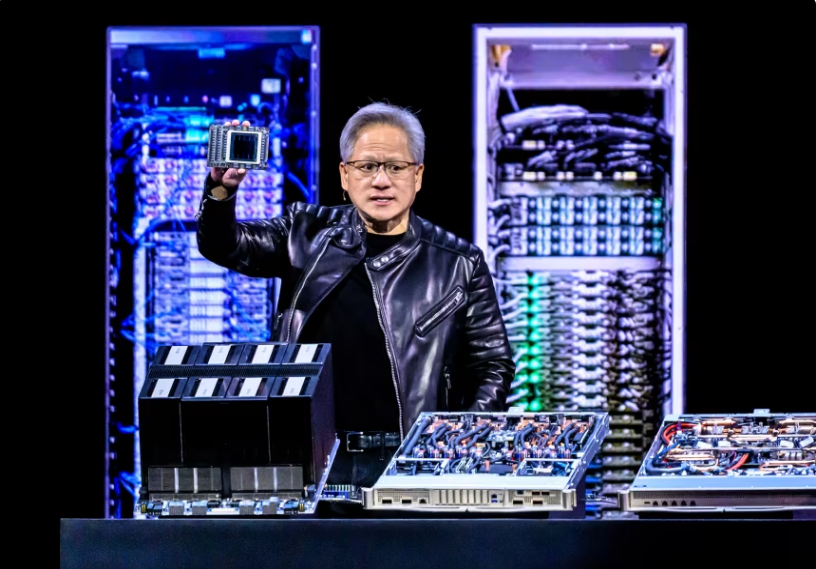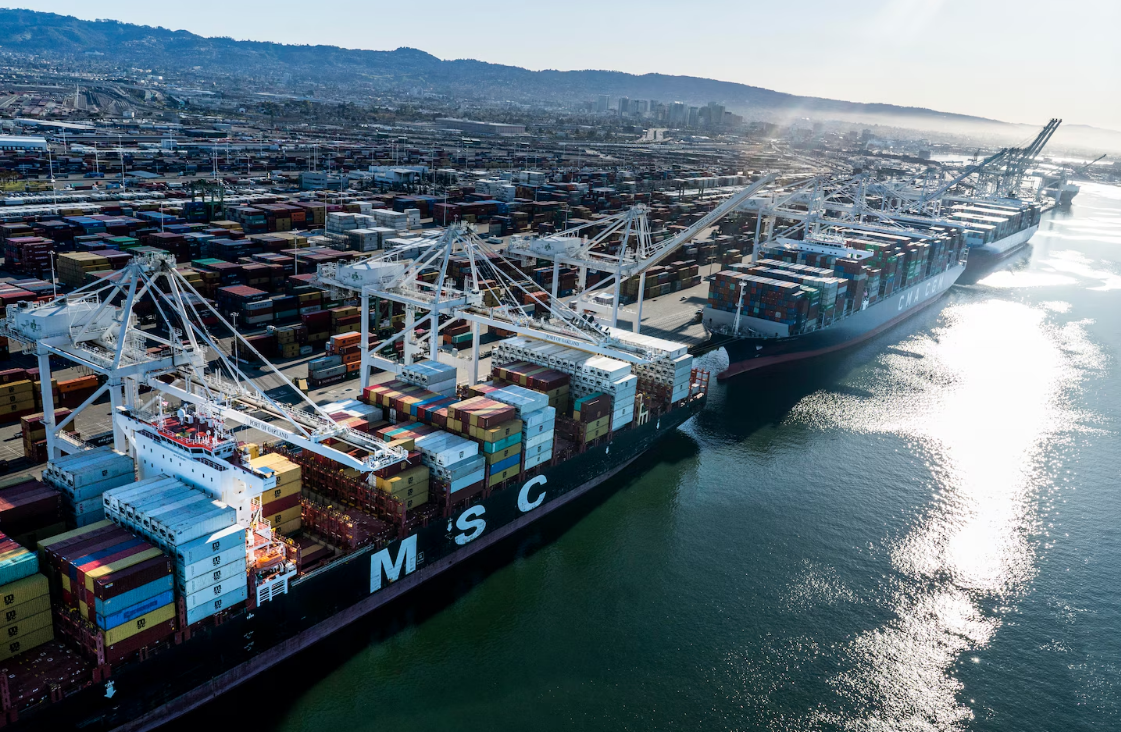PAST ERAS BEING ECLIPSED IN CHINA FOR XI’S ‘NEW ERA’
The Chinese Communist Party (CCP) has entrusted to itself the task of erasing the country’s past leadership and its political and economic endeavours in order to establish the Xi Jinping Thought as the only legitimate ready reckoner for ideologically, politically and militarily steer China’s future course of action.
A careful perusal of the resolution adopted this November at the sixth plenary session of the 19th Central Committee brings to light the manner in which the CCP has gone about establishing President Xi Jinping as the communist core of China, its ideology, leadership and development.
The resolution adopted at the plenary is called the “Resolution of the Central Committee of the Communist Party of China on the Major Achievements and Historical Experience of the Party over the Past Century”.
The Xi era, called the “new era” in the resolution, is the only one that matters, it says. “Comrade Xi Jinping, through meticulous assessment and deep reflection on a number of major theoretical and practical questions regarding the cause of the Party and the country in the new era, has set forth a series of original new ideas, thoughts, and strategies on national governance revolving around the major questions of our times: what kind of socialism with Chinese characteristics we should uphold and develop in this new era, what kind of great modern socialist country we should build, and what kind of Marxist party exercising long-term governance we should develop, as well as how we should go about achieving these tasks.”
It bids adieu to Marxism as practised in the past in China. “He is thus the principal founder of Xi Jinping Thought on Socialism with Chinese Characteristics for a New Era. This is the Marxism of contemporary China and of the 21st century. It embodies the best of the Chinese culture and ethos in our times and represents a new breakthrough in adapting Marxism to the Chinese context. The Party has established Comrade Xi Jinping’s core position on the Party Central Committee… This reflects the common will of the Party, the armed forces, and Chinese people of all ethnic groups, and is of decisive significance for advancing the cause of the Party and the country in the new era and for driving forward the historic process of national rejuvenation.”
It blames the previous “eras” for the “many new risks and challenges” past problems that are “long unresolved”: “… previously lax and weak governance has enabled inaction and corruption to spread within the Party and led to serious problems in its political environment, which has harmed relations between the Party and the people and between officials and the public, weakened the Party’s creativity, cohesiveness, and ability, and posed a serious test to its exercise of national governance.”
The Resolution openly denounces past leaderships of China in order to justify the installation of Xi Thought in China’s psyche: “…there have remained many problems within the Party with respect to upholding its leadership such as a lack of clear awareness and vigorous action as well as weak, ineffective, diluted, and marginalized efforts in implementation. In particular, the Central Committee’s major decisions and plans were not properly executed as some officials selectively implemented the Party’s policies or even feigned agreement or compliance and did things their own way.”
The democratic ideals the resolution liberally talks about is nowhere present when it comes to determining the scope of the CCP’s power over China. “The centralized, unified leadership of the Central Committee is the highest principle of the Party’s leadership, and upholding and strengthening this is the common political responsibility of each and every Party member. In upholding Party leadership, all Party members must, first and foremost, take a clear stance in maintaining political integrity to ensure that the whole Party obeys the Central Committee.”
It warns against any attempt to whittle down the central leadership’s power or influence. It talks of a “Code of Conduct for Intraparty Political Life under New Circumstances” already in force. “These documents were designed to strictly enforce the Party’s political rules and discipline, to counteract and prevent self-centered behavior, decentralism, liberalism, departmentalism, and the “nice-guy” mentality, to cultivate a positive and healthy intraparty political culture, and to foster a sound political ecosystem featuring honesty and integrity within the Party.”
According to the resolution, the party worker in the Xi era has only one duty: “…to remain mindful of the country’s most fundamental interests; and to be loyal to the Party, obey its command, and fulfill their duties to it.”
The party workers and officials are warned what will happen to them if they do not strictly follow the party code of conduct. The word “purge” is not used in the resolution, but it leaves no one in doubt what is in store for those who do not follow the leader: “…some did things their own way and feigned compliance with policies while acting counter to them; and some got too big for their boots and made presumptuous comments on the decisions of the Central Committee. Such misconduct interwoven with political and economic issues led to a startling level of corruption… The Party has intensified efforts to address corruption that occurs on the people’s doorsteps, hunt down corrupt officials who fled overseas and recover state assets they had stolen, and root out all corrupt officials….”
The resolution tells the people and party workers precisely what they should remember and what to forget. They want them to be loyal only to the “new line”, without overtly telling them to forget everything else. “In recent years, it has launched campaigns for advancing study and implementation of the mass line; for pushing Party members to be strict with themselves in (studying) General Secretary Xi Jinping’s major policy addresses and to meet Party standards; for raising awareness of the need to stay true to the Party’s founding mission; and for encouraging study of the Party’s history. Through these efforts, the Party aims to equip its members with its new theories and to turn itself into a learning party. It has worked to educate and guide Party members and officials, especially leading officials, so that they can keep the roots of their convictions healthy and strong and absorb the mental nutrients they need to maintain the right line in their thinking, and ultimately preserve their political character and the backbone of their identity as communists.”
Giving details of modernisation of the Chinese military, the resolution notes, once again being critical of past leadership in order to enhance the current leadership’s power, notes: “…the Party’s leadership over the military was obviously lacking. If this problem had not been completely solved, it would not only have diminished the military’s combat capacity, but also undermined the key political principle that the Party commands the gun.”
It hints that the military’s modernisation is aimed at China not baulking under international pressure in the future: “The Central Committee is acutely aware that, confronted with various types of external encirclement, suppression, disruption, and subversion, we must not be misguided or intimidated, and we must fight to the end with any forces that would attempt to subvert the leadership of the Communist Party of China and China’s socialist system, or to hinder or obstruct China’s advance toward national rejuvenation. Constant concessions will only invite more bullying and humiliation.”












